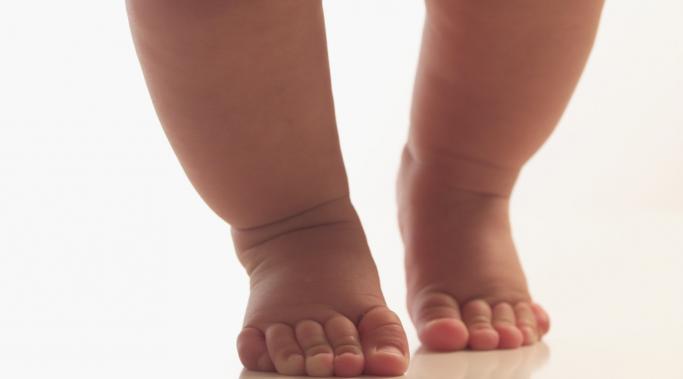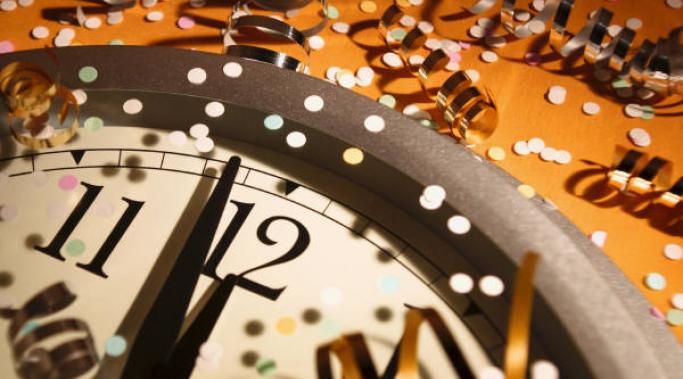According to Substance abuse and bipolar comorbidity, up to 50% of people with bipolar disorder also have a history of substance abuse or dependence, and some studies have found even higher numbers.1 So, half of us folks with bipolar disorder also battle an addiction to drugs (including alcohol). But why is that? Why are so many people with bipolar disorder addicted to drugs?
Impact of Bipolar
My cat is 16 years old; that is 80 years old in human years. And while he could still be with us for years to come (hopefully), kitties, like humans, don’t live forever.
And, quite frankly, when he goes, I’m going to lose it. Lose all my marbles – bipolar or otherwise. He’s been with me longer than any human. He’s who I’ve come to home to for a decade and a half. His daily rhythms synch with mine (or mine with his, you know, because he’s the boss). He means a whole lot to me.
So I’m preparing for his death. I don’t know when it will happen, but one day, he just isn’t going to wake up.
“Oh, she’s so bipolar.”
You’ve probably heard someone say this about someone they don’t like. You’ve probably heard someone use the term “bipolar” as an insult. It’s sort of in from a pop culture standpoint.
And while I don’t believe in taking offense when someone uses a term like “crazy” in a non-hurtful way, I certainly do take offense when someone uses a genuine illness and slings it like mud.
And while I’m perfectly capable of understanding that the person who said it is simply ignorant and it should have no effect on me, the fact is, hearing your illness being used as an insult is hurtful and it is hurtful to your self-esteem.
I often hear from people who are in the very nastiest, lowest, deadliest pits of despair in their bipolar depression. It’s natural to reach out during these times. You need help and you need help now. And what these people want to know is:
How can I fix my life?
The answer to this question is both good and bad. The answer is: baby steps.
I’m sick. I’ve been sick for five days. I’ve been sick and really annoyed about being sick for five days. Writers do not get paid for sick days. (And speakers have to cancel talks. Darn it.)
And while I’ve said before that it's unfair that people with bipolar disorder should have to go through normal annoyances like colds and flus, it seems that the universe begs to differ with me on that one. And so some kind of virus I have gotten.
But I think that bipolar interacts with your average bug and you average bug interacts with bipolar disorder, so how do you deal with that?
Yesterday I turned 36 years old. Yes, that’s right, I’m on the “wrong” side of being in my mid-30s. And while I realize that, in our culture, being in your 30s is nothing to be proud of (especially if you’re a woman), I am, in fact, proud.
And here’s why.
I’m proud because I’ve been living with a serious mental illness for (at least) 16 years – and I have survived. Many of our brothers and sisters with bipolar disorder have not been so lucky and we should all celebrate for those who can’t.
Last week, I discussed the basics of postpartum depression, postpartum psychosis and how these conditions are more common in women with bipolar disorder. Today I’ll talk about screening for postpartum depression and postpartum depression as well as their severe effects on the child and the treatment of these conditions.
I am not a mom myself, but I am of the age that people around me are having kids. Accordingly, it seems time to take a look at some of the challenges new bipolar moms face. Challenges for the new bipolar mom include postpartum depression and postpartum psychosis, among others.
Over the course of 2013, the Breaking Bipolar blog handled all sorts of topics and not only did I have my say, but through the comments, you had yours too. Today I’d like to look back that the Breaking Bipolar blog articles of 2013 and maybe what we learned along the way.
I don’t believe in New Year’s resolutions, in general. That’s because people think far too big on January 1st and come up with things they have no hope of sticking to by February 1st. They have no plan. They have no short-term goals that lead up to the long-term goal. Their resolutions read more like wishes than anything else.
That being said, I think there are some New Year’s resolutions worth having for people with bipolar disorder. These New Year’s resolutions deal with the problems I see every day concerning bipolar disorder and are designed to address these issues.









